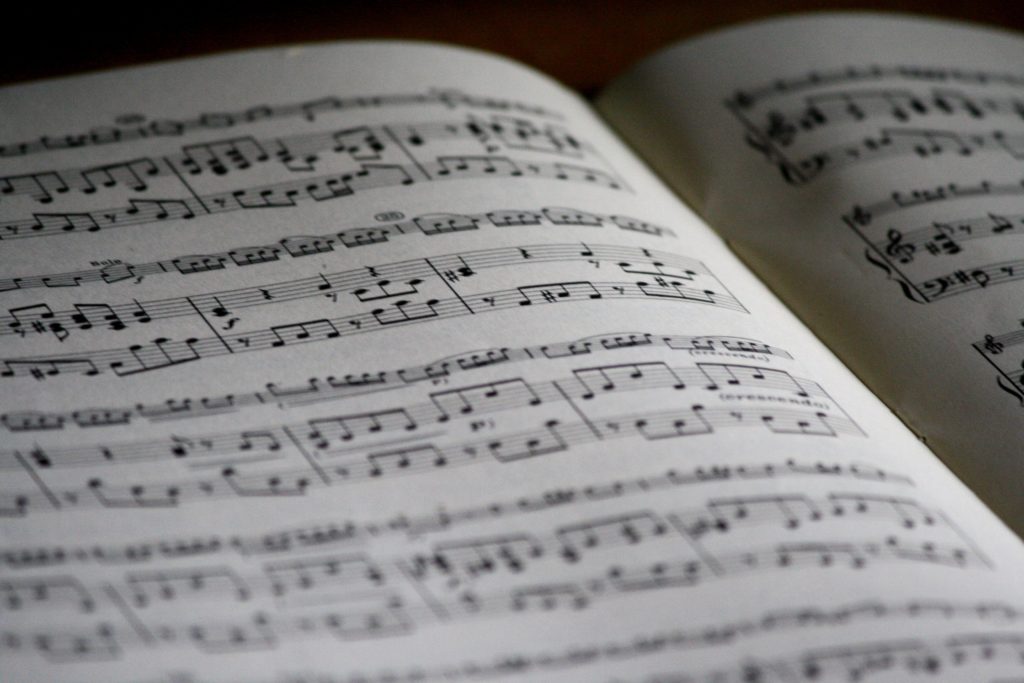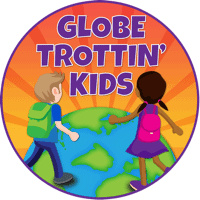Music: The Perfect Global Language
Music is the perfect global language. It’s understood and appreciated across the globe and throughout all cultures. While each nation or region may have their own style and sound, its ability to connect across the globe is indisputable.
– a guest post by Deborah Tayloe

First, modern music has a standardized staff notation that’s accepted throughout the world. All trained musicians can read and comprehend this written language.
Consider a sheet of music. Assuming he can read music, any musician in the entire world can give that sheet of music a quick look, maybe do a quick run through, then produce those magical musical notes that we want to hear. Whether the musician is in the United States, Peru, Tibet, or Russian, she can produce a harmonious sound from this sheet of paper.
Musical notation is a standard that is not only universal but also shareable. And with the power of the internet, musicians from around the world can collaborate, play, and produce music together by reading these sheets.

Second, music is contagious for most of us. Contagious in a good way, not the flu-bug way! For example, I visited Mexico a couple of years ago. I speak some Spanish but I’m not super fluent. Yet I sat in a lounge in my hotel and listened to the happy beat of traditional Mexican music.
While I’m not normally a fan of trumpet music and couldn’t understand the lyrics, I found myself swept away by the artistry. In fact, by the end of the night, I was on my feet dancing with new friends. By the way, the new friends were from Germany and we had no way to communicate except through our gestures and joyful dancing to the Latin beat.

You see, while every culture may not have the exact taste in music, there are things that we can recognize across cultures. The happy upbeat of a song meant for dancing brings us to our feet and invites us to clap along. On the other hand, we can feel the sadness of a wailing, slow fiddle in a song about a lost romance.
The lyrics may tell the story on the surface of things. But dig below to the musical arrangement. This is where the heart and soul of the song lives. This is what we instinctively recognize and respond to by waving our arms, tapping our feet, rejoicing, or even crying.
A friend of mine recently traveled to Kenya on a mission trip. She came back describing the music and traditional dances at a festival she attended. She was caught up by the brightly colored traditional garb, the lavish headdresses, and the sultry dancing. The local people were warm and inviting and asked her to join in the dances. Which she happily did.
In fact, she was so caught up that she ended up buying a traditional dress to bring back to the United States. When I asked her where she was going to wear the dress, she didn’t know but at that moment she felt such a part of their culture that at that moment, it was the perfect outfit!
Connected by the music, speaking not a word of the Kenyan language, she now feels that she now has very dear friends across the world in Kenya. She has no way to keep in touch with them, as the village doesn’t have internet and she doesn’t speak their language. However, she insists that she would go back to reconnect with her friends given the opportunity to attend this festival again in the future.
Every country has its own famous musical heritage. Poland has the fun polka. Ireland has the high-spirited jig. America has the bluegrass twang. Argentina has the dramatic tango style. India has traditional, soulful sitar strains. The list goes on, you get the idea. Music brings us together with our own nation, and beyond to the world at large. It gives us a way to connect across all cultures.
In conclusion, I hope you can see why music is a global language. Every nation has its own distinct musical customs and heritage yet all musicians read the same musical notations
We may like some musical stylings more than others. However, we can certainly appreciate the artistry and skill of the musicians. Moreover, the music provides a peek into the cultures of other people.
AUTHOR BIO: Deborah Tayloe is a professional writer and blogger for Musical Instruments Expert. She has a B.S.Ed. in English and has taught ESL. She unwinds by listening to all kinds of music.
